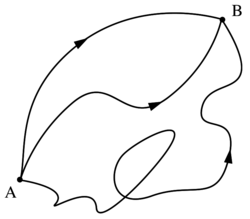Originally posted by VectraMan
View Post
It seems the more you know, the less you know. Which might make sense to a quantum physicist.











Leave a comment: